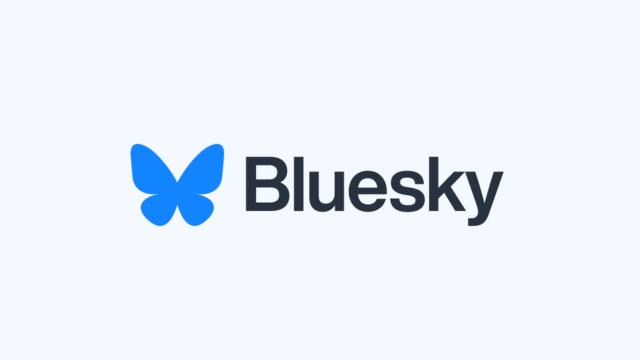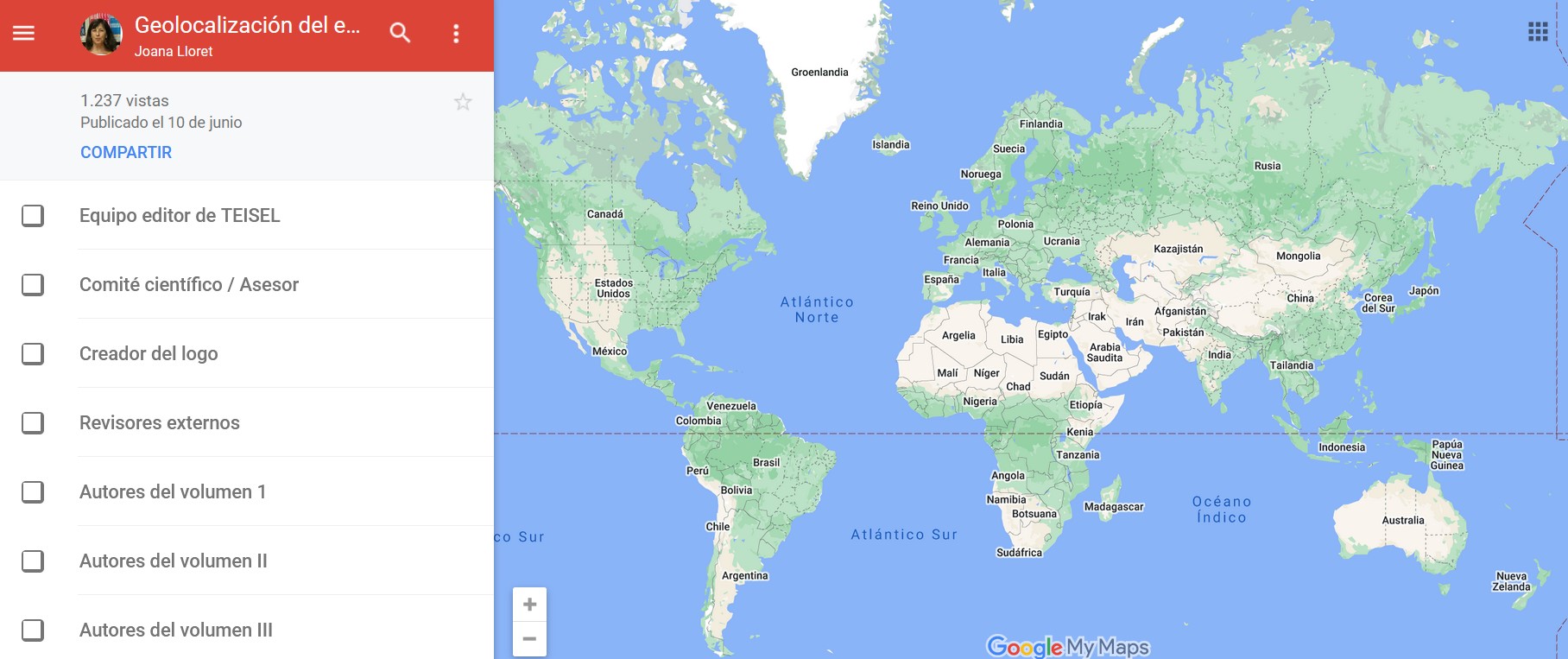Description and usability of HARTA, a tool to help writing academic texts in Spanish
DOI:
https://doi.org/10.1344/teisel.v2.42173Keywords:
Spanish for academic purposes, writing, lexicography, lexical combinationsAbstract
This article presents the building-up of HARTA (http://www.dicesp.com:8083/), an online tool that combines dictionary and corpus, in line with the trend of recent years in lexicography. HARTA focuses on academic lexical combinations (ALCs) in Spanish. ALCs cover phenomena of a varied nature: both collocations (confirmar/refutar una hipótesis ‘to confirm/ to refute a hypothesis’) and what we have lumped together under the umbrella term formula (sin embargo ‘however’, por otra parte ‘on the other hand’, como ya hemos señalado ‘as we have already noted’, etc.). By the term of ALC we refer to recurrent word segments in academic discourse, which may or may not be compositional and which may fulfil a discursive function ('to compare', 'to reformulate', 'to express certainty or possibility', etc.), as is the case of formulas. For their description, in addition to relying on Meaning-Text Theory, we provide quantitative data from the academic corpus from which we have extracted the list of ALCs (frequency and distribution in different scientific disciplines). Once we have presented the methodology used to obtain the data, we describe the architecture of HARTA to show different entries for ALCs and the different ways of accessing the information. Before concluding with the lines of research in progress, we offer a short experimental study on the usability of the tool.
Downloads
Downloads
Published
Issue
Section
License
Copyright (c) 2023 Eleonora Guzzi, Margarita Alonso Ramos

This work is licensed under a Creative Commons Attribution 4.0 International License.


 (by Joana Lloret Cantero)
(by Joana Lloret Cantero)


